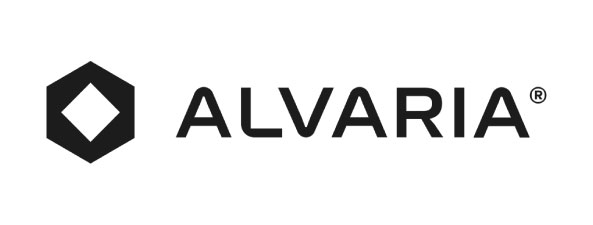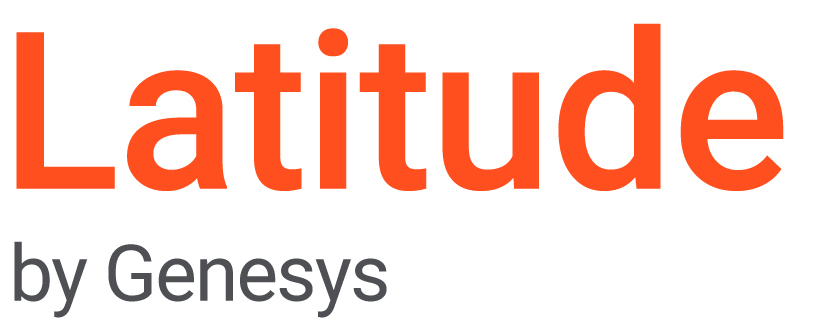The integration of artificial intelligence (AI) across various industries has been nothing short of transformative. While AI promises efficiency and cost-saving measures, there are both pros and cons to consider. In this blog post, we’ll explore the various facets of AI interaction in customer service concerning the debt collections industry.
Pros of AI Interaction in Customer Service in the Debt Collections Industry
1. Cost Efficiency
AI solutions can operate 24/7 without the need for breaks or holidays. This level of availability significantly cuts down on labor costs. Chatbots and automated response systems can simultaneously handle multiple inquiries, further increasing cost-effectiveness.
2. Faster Response Times
AI technologies can provide quick, automated responses to commonly asked questions or problems, making it easier for customers to get the information they need without waiting for human intervention.
3. Data Analysis and Personalization
AI systems analyze enormous amounts of data to understand consumer behavior better. This information can be used to create personalized communication strategies, thereby making the debt collection process more effective.
4. Compliance and Record-Keeping
AI algorithms can be programmed to comply with legal requirements, reducing the likelihood of human error that can lead to costly legal complications.
Cons of AI Interaction in Customer Service in the Debt Collections Industry
1. Lack of Emotional Intelligence
While AI is excellent at analyzing data and providing responses based on algorithms, it lacks the emotional intelligence that a living human agent can provide. This limitation is particularly problematic in the sensitive context of debt collection.
2. Initial Setup Costs
While AI can be a cost-saving measure in the long run, the initial setup can be expensive. It also can require a significant investment in technology and training.
3. Dependence on Data Quality
AI systems are only as good as the data fed into them. Outdated information can lead to incorrect assessments, making the collection process less effective.
4. Ethical Concerns
Using AI in debt collection raises ethical questions about data privacy and potential discrimination based on algorithms. Transparent operations and continual oversight are necessary to mitigate these risks.
AI interaction offers promising advantages like cost efficiency, faster response times, and data-driven personalization. However, it’s essential to consider the limitations, such as emotional intelligence, initial setup costs, and ethical concerns. By understanding both sides, debt collection agencies can make informed decisions on integrating AI into their customer service operations.
Implementing a balanced approach that combines the computational strengths of AI with the emotional intelligence of human agents is the key to unlocking the full potential of customer service in the debt collections industry. If your healthcare, financial, or government organization is looking to find the right mix of human interaction and high tech, our team of professionals is ready to assist you. Call us: 941.375.0300.







